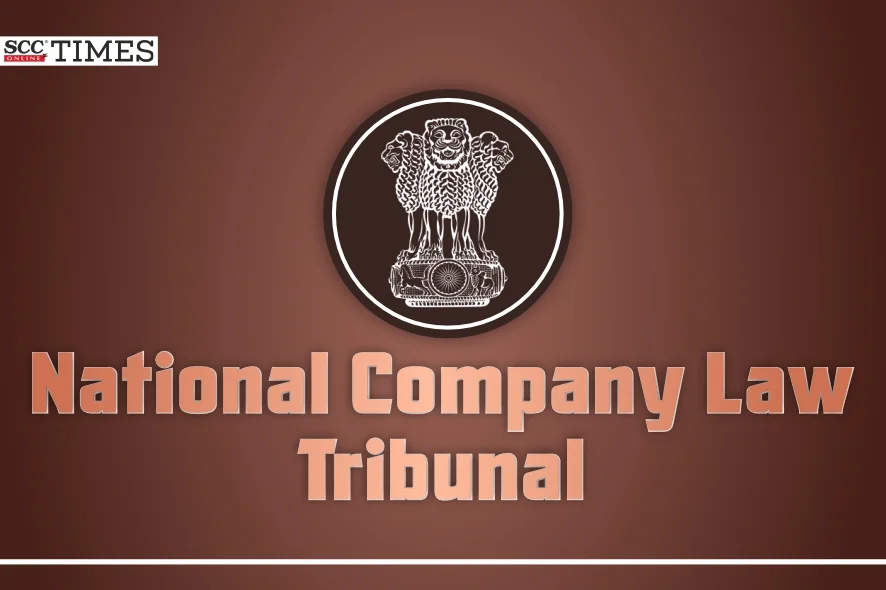National Company Law Tribunal, Chandigarh: In a petition filed under Section 9 of the Insolvency and Bankruptcy Code, 2016 (IBC) seeking initiation of Corporate Insolvency Resolution Process (CIRP) against the respondent as guarantor due to default by the third party, a division bench comprising of Mr. Harnam Singh Thakur, (Judicial Member) and Mr. L.N. Gupta (Technical Member), dismissed the petition as the claim was time-barred, and there exist no privity of contract between the petitioner and the respondent. The NCLT held that the petitioner did not qualify as an operational creditor, therefore, CIRP cannot be initiated against a guarantor of operational debt.
In the instant matter, the Petitioner supplied TMT bars to the third party, Empathy Infra & Engineering Pvt. Ltd., for its Nirvana Project in Pune, Maharashtra, with the respondent allegedly standing as a guarantor for the third party’s payment obligations. Despite the supply of goods, payments of Rs. 2,11,68,580/- were not made by the third party, resulting in the outstanding amount claimed. The Petitioner issued notices and filed two petitions under Section 9 of the IBC against the third party and the respondent, which were dismissed or withdrawn with liberty to file fresh petitions. The petitioner sought initiation of the CIRP against the respondent due to a default by the third party in paying Rs. 2,11,68,580/- for goods supplied.
The respondent contended that the claim is time-barred, as the limitation period of three years had expired on 28.08.2018. It was contended that there exists no formal contract of guarantee between the parties and the email relied upon by the petitioner is from an unauthorized individual. It was further contended that the debt in question was not an “operational debt” as defined under the IBC as the goods were not supplied to the respondent but to a third party.
The NCLT noted that the claim can be deemed time barred as the petition was filed beyond the three-year limitation period from the date of default, i.e., 28.08.2015. The NCLT noted that the “Operational Creditor is a person (i) to whom an operational debt is owed, (ii) to whom an operational debt is legally assigned or transferred” and the Petitioner in the instant case cannot be considered an operational creditor of the respondent because there was no direct contractual relationship, and the goods were supplied to the third party and not the respondent. The NCLT referred to Harrish Khurana v. One World Realtech (P) Ltd., 2021 SCC OnLine NCLAT 5547 where the NCLAT held that a claim should be based on a contract duly entered between the third party and the Operational Creditor and “for a relationship of Operational Creditor and third party to exist between two parties under the IBC, the Operational debt must be owed to the Operational Creditor by the third party.”
The NCLT stated that the petitioner failed to provide sufficient evidence of a valid guarantee and respondent’s role as a guarantor. The NCLT stated that the email sent by an employee of a company extending assurance of payment on behalf of the company, without any authority to do so, cannot be treated as a guarantee extended by the Company. The NCLT referred to the M.S. Jain v. TVG Ltd., 2019 SCC OnLine NCLAT 1383, and reiterated that the “indemnity obligation in respect of a guarantee admissible does not hold in the case of an operational debt.” The NCLT opined that CIRP under Section 9 of IBC cannot be initiated against a guarantor for operational debt. The NCLT held that the lack of privity of contract between the petitioner and the respondent and insufficient documentary evidence supports the dismissal of petition. The NCLT dismissed the petition as it was time-barred and also did not meet the criteria for initiating CIRP under Section 9 of the IBC.
[Agarwal Foundries (P) Ltd. v. POSCO E&C India (P) Ltd., 2024 SCC OnLine NCLT 2949, order dated 06-06-2024]
Advocates who appeared in this case :
Mr. Anand Chhibbar, Senior Advocate, Mr. Vaibhav Sahni and Mr. Vivek Sethi, Counsel for the Petitioner
Mr. Savar Mahajan, Counsel for the Respondent






